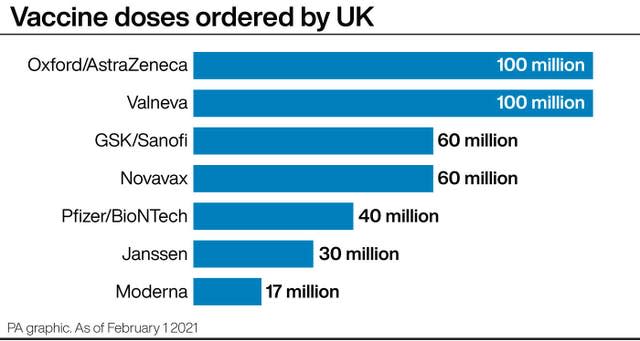Facebook to help users find out where and when they can get Covid-19 vaccine
Facebook is to start helping people find out where and when they can get vaccinated against coronavirus.
Starting from this week, users will find links to the NHS website within the social network’s Covid-19 Information Centre page, for advise on their eligibility and how they can arrange a jab.
The firm said it is the largest worldwide campaign promoting authoritative Covid-19 vaccine information.

In a bid to prevent harmful misinformation deterring people from receiving the vaccine, Facebook has also expanded the list of banned false claims related to the virus.
Following consultation with health organisations, the firm will now remove posts suggesting Covid-19 is man-made or manufactured, as well as claims that wearing a face mask does not help prevent the virus spreading.
Posts that say vaccines are not effective at preventing the disease they are meant to protect against are no longer allowed on the platform, along with arguing vaccines are toxic, dangerous, cause autism, or saying it is safer to get the disease than to get the vaccine.
The social network is also offering health authorities an extra 120 million dollars’ (£87.7 million) worth of advertising credits, which will help the NHS reach tens of millions of people with important public health information.

 Yahoo Finance
Yahoo Finance 